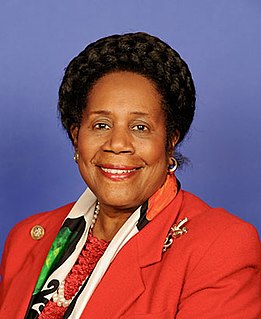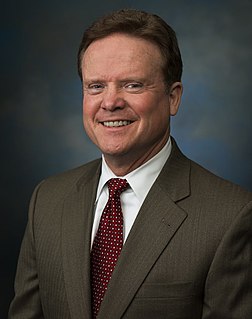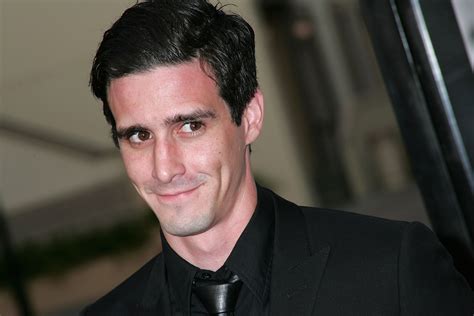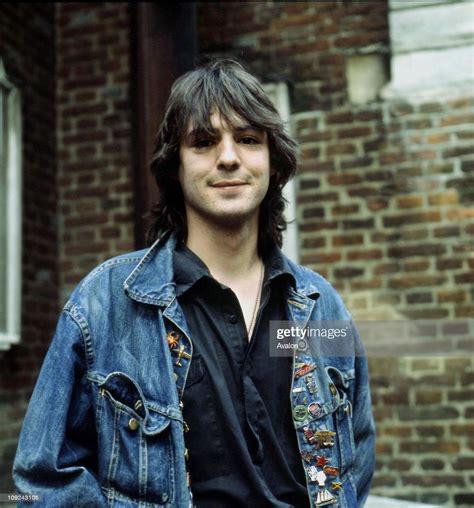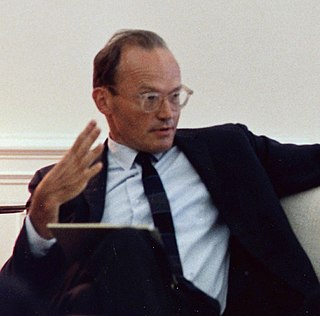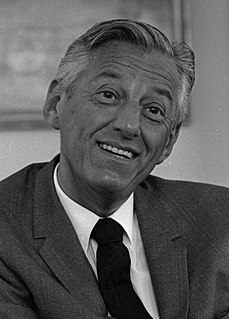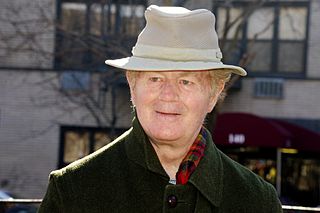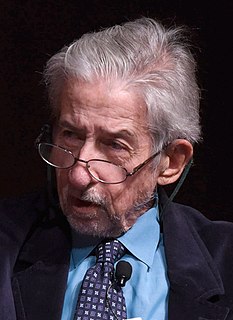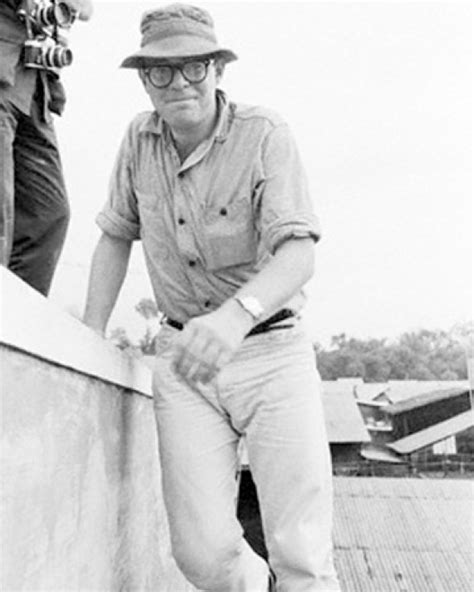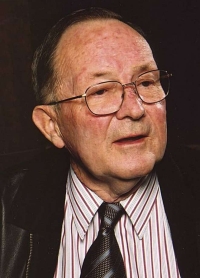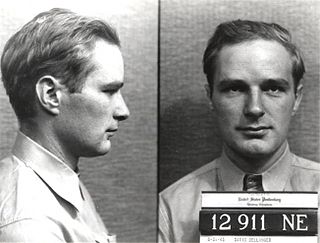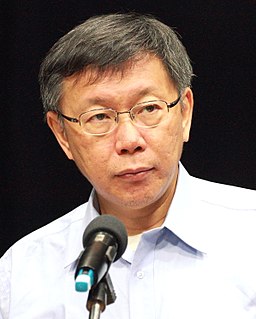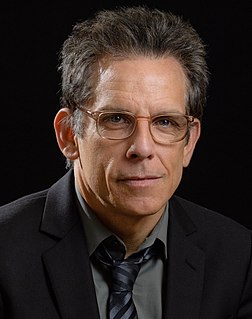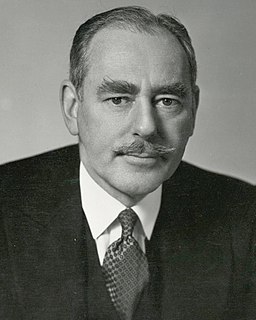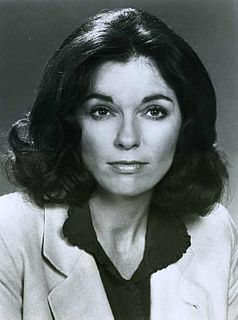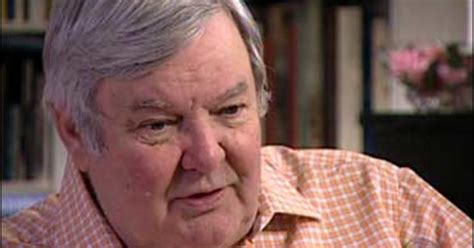Top 1102 Vietnam Quotes & Sayings - Page 2
Explore popular Vietnam quotes.
Last updated on November 16, 2024.
We understand that Nixon's aggression against Vietnam is a racist aggression, that the American war in Vietnam is a racist war, a white man's war...We deplore that you are being used as cannon fodder for U.S. imperialism. We've seen photographs of American bombs and antipersonnel weapons being dropped, wantonly, accidentally perhaps, on your heads, on the heads of your comrades.
I would think we have a trajectory of failure on the Republicans' part. When you think about how they managed to make John Kerry look bad during the last election for actually serving in Vietnam, and testifying in Congress after he'd gotten medals, and said that he didn't believe in them or that he didn't believe in the war and that it should stop . . . That they could turn that in negative when their guy, George W. Bush, never even went to Vietnam.
Of course, you have politics, the Vietnam war and all that monkey business. There are all kinds of reasons. At every one of those demonstrations in the late Sixties about the Vietnam war, you could guarantee there'd be a series of speeches. The ostensible purpose was to protest the war. But then somebody came up and gave a black power speech, usually Black Muslims, then. And then you'd have a women's rights speech. It was terrible to listen to these things.
Why was the United States so afraid of an independent South Vietnam? Well, I think the reason again is pretty clear from the internal government documents. Precisely what they were afraid of was that the "takeover" of South Vietnam by nationalist forces would not be brutal. They feared it would be conciliatory and that there would be successful social and economic development - and that the whole region might work.
Vietnam was the defining event for my generation. It spilled over into all facets of American life - into music, into the pulpits, in churches of our country. It spilled over into the city streets, police forces. And even if you were born late in the generation, Vietnam was still part of your childhood.
Wars always evolve over time, don't they? Iraq/Afghanistan is different than Vietnam, and Vietnam was different than Korea, and Korea was different than World War One, and so on. Some things remain the same, of course - one side fighting another over ideology or a patch of ground - but there are some aspects of combat life which differ radically than their predecessors.
The real invasion of South Vietnam which was directed largely against the rural society began directly in 1962 after many years of working through mercenaries and client groups. And that fact simply does not exist in official American history. There is no such event in American history as the attack on South Vietnam. That's gone. Of course, It is a part of real history. But it's not a part of official history.
I've always been interested in Vietnam, feel it's a seminal event in our nation's history, and have explored it over the years - but I hadn't been interested in doing a documentary about it. I felt there had been a lot done about Vietnam, and didn't know if I could add anything new to the discussion.
A time comes when silence is betrayal. That time has come for us in relation to Vietnam. A nation that continues year after year to spend more money on military defense than on programs of social uplift, is approaching spiritual death.I knew that America would never invest the necessary funds or energies in rehabilitation of its poor so long as adventures like Vietnam continued to draw men and skills and money like some demonic destructive suction tube. So I was increasingly compelled to see the war as an enemy of the poor.
Though the Americans can be fooled, as they have been, and they can be propagandized, as they have been... But, as Lincoln said, "You can fool all of the people some of the time, and some of the people all of the time. But you can't fool all of the people all of the time." And so hope lies in the fact that little by little, even if the American people can be fooled, even if they continue to be fooled in the 2004 presidential election, they will gradually learn, as they have learned - for instance, in the Vietnam War and turned against the Vietnam War.
Since I was a kid. I had this series by Ballantine Books about the history of World Wars I and II. In my 20s, it was the Vietnam War literature of novelists like Tim O'Brien, Philip Caputo, and Tobias Wolff, and then nonfiction such as "A Bright Shining Lie" by Neil Sheehan and "The Best and Brightest" by David Halberstam . Those are the two best histories of Vietnam.
It is a damned sight easier to start wars than to end them. This truth has been stated for as long and as often as it has been ignored. High time and thank God, we are at least moving toward de-escalation in Vietnam. The road to extrication will be long, painful, bitter. But it must be trod. We are so bogged down in Vietnam that we cannot respond effectively anywhere else in the world to a military power play except through atomic bombardment.
It was obvious uh, that uh, the situation in Vietnam was far from stable in 1964 and that there, if in fact the United States was going to uh carry out its declared intent to uh, do its best to prevent uh, a Communist overrun of South Vietnam, uh, there would be at least hard choices to make, and there might be a choice for uh, stronger action.
I was always convinced that decent people in the case of Vietnam, highly intelligent, decent people, got us involved because they had made, in part, a misjudgment about the nature of the communist system and the unity of the communist world and the degree to which the experience of Europe could be repeated in Vietnam.
It has been said that the United States was deceived into entering and expanding the Vietnam War by its own overoptimistic propaganda. The record suggests, however, that the policy-makers stayed in Vietnam not so much because of overly optimistic hopes of winning ... as because of overly pessimistic assessments of the consequences of losing.
It is a key fact about American policy in Vietnam that the withdrawel of American troops was built into it from the start. None of the presidents who waged war in Vietnam contemplated an open-ended campaign; all promised the public that American troops would be able to leave in the not-too-remote future. The promise of withdrawel precluded a policy of occupation of the traditional colonial sort, in which a great power simply imposes its will on a small one indefinitely.
We do this in order to slow down aggression. We do this to increase the confidence of the brave people of South Vietnam who have bravely born this brutal battle for so many years with so many casualties. And we do this to convince the leaders of North Vietnam-and all who seek to share their conquest-of a simple fact: We will not be defeated. We will not grow tired. We will not withdraw either openly or under the cloak of a meaningless agreement.
Neoconservatives and the Pentagon have good reason to fear the return of the Vietnam Syndrome. The label intentionally suggests a disease, a weakening of the martial will, but the syndrome was actually a healthy American reaction to false White House promises of victory, the propping up of corrupt regimes, crony contracting and cover-ups of civilian casualties during the Vietnam War that are echoed today in the news from Baghdad.
There's just no question that the United States was trying desperately to prevent the independence of South Vietnam and to prevent a political settlement inside South Vietnam. And in fact it went to war precisely to prevent that. It finally bombed the North in 1965 with the purpose of trying to get the North to use its influence to call off the insurgency in the South.
Eisenhower managed to begin the Vietnam war by not following his normal instinct of staying out of mischief. In his memoirs, he tells us why we didn't honor the Geneva accords and hold elections in Vietnam: because some 80 percent of the country would have voted for Ho Chi Minh. This is very candid. The sort of thing one might have found in Stalin'smemoirs, had he not made ghosts even of ghosts.
Critical journalism has gone out of fashion, or rather, it has been bought out. And so, we have much less of it than we did during the Vietnam era, where there was very critical reporting on the Vietnam War and a lot of disagreement among the media. Now you find that the media are much more homogenous, converging because they all must cater to the same community of advertisers. It's sad to see.
None of the people's wars of the sixties did very well, including the one in Vietnam. Vo Nguyen Giap himself has admitted a loss of 600,000 men between 1965 and 1968...Moreover, by about 1970 at least 80% of the day-to-day combat in South Vietnam was being carried on by regular NVA troops...Genuine black-pajama southern guerrillas had been decimated and amounted to no more than 20% of the communist fighting forces.
The intellectual and moral failures common to America's general officer corps in Vietnam and Iraq constitute a crisis in American generalship. Any explanation that fixes culpability on individuals is insufficient. No one leader, civilian or military, caused failure in Vietnam or Iraq. Different military and civilian leaders in the two conflicts produced similar results. In both conflicts, the general officer corps designed to advise policymakers, prepare forces and conduct operations failed to perform its intended functions.
No liberal newspaper ever talked about the invasion of Vietnam; they talked about the defense of Vietnam. And then they were saying, "well, it's not going well." Ok, that make them liberal. It's like, it's if we were to say, that going back to, say, Nazi Germany, that Hitler's general staff was liberal after Stalingrad because they were criticizing his tactics: "It was a mistake to fight a two front war, we should've knocked off Englad first," or something.
Truman fired the popular Gen. Douglas MacArthur because he disobeyed orders in the Korean War. Johnson knew that he had reached the endgame in Vietnam when Gen. William Westmoreland, the top commander in Vietnam, requested 240,000 more troops in 1968 for the prolonged war that also could not be won.
At the beginning of his administration, Reagan tried set the basis for American military intervention in El Salvador - which is about what Kennedy did when he came into office in regard to Vietnam. Well, when Kennedy tried it in Vietnam, it just worked like a dream. Virtually nobody opposed American bombing of South Vietnam in 1962. It was not an issue. But when Reagan began to talk of involving American forces in El Salvador there was a huge popular uproar. And he had to choose a much more indirect way of supporting the collection of gangsters in power there. He had to back off.
I was arrested 1965. I had come back from the merchant marines, got into conversations about the war. I had never heard of Vietnam until I was in the merchant marines in constitution square in Athens, and I picked up the New York Herald or the International Herald Tribune and there was my first introduction of the word Vietnam.
We, the people, gave the marching orders to our democratically-elected officials and instructed them. We wanted out of Vietnam and we got out of Vietnam. We wanted women's right to choose and we got women's right to choose. We got the EPA, we got the Clean Air Act, Water Act, we got rights for workers in the workplace to be protected from dangers. We accomplished pretty much all of what we wanted when we had the courage of our convictions. That is the missing ingredient.
Well, this movie I've been working on for a while. I had the idea for the movie like twenty years ago when I was doing 'Empire of the Sun' in 1987 because at that time that's when all these Vietnam movies were being made and my friends and I were going on auditions for these Vietnam movies and my friends were getting them and going away to fake boot camps.
Could Afghanistan become another Vietnam? Is the United States facing another stalemate on the other side of the world? Premature the questions may be, three weeks after the fighting began. Unreasonable they are not, given the scars scoured into the national psyche by defeat in Southeast Asia. For all the differences between the two conflicts, and there are many, echoes of Vietnam are unavoidable.
I would like to say something, not just to Vietnam veterans in New England, but to men who were in Vietnam, who I hurt, or whose pain I caused to deepen because of the things that I said or did. I was trying to help end the killing and the war, but there were times when I was thoughtless and careless about it and I'm...very sorry that I hurt them. And I want to apologize to them and their families.


